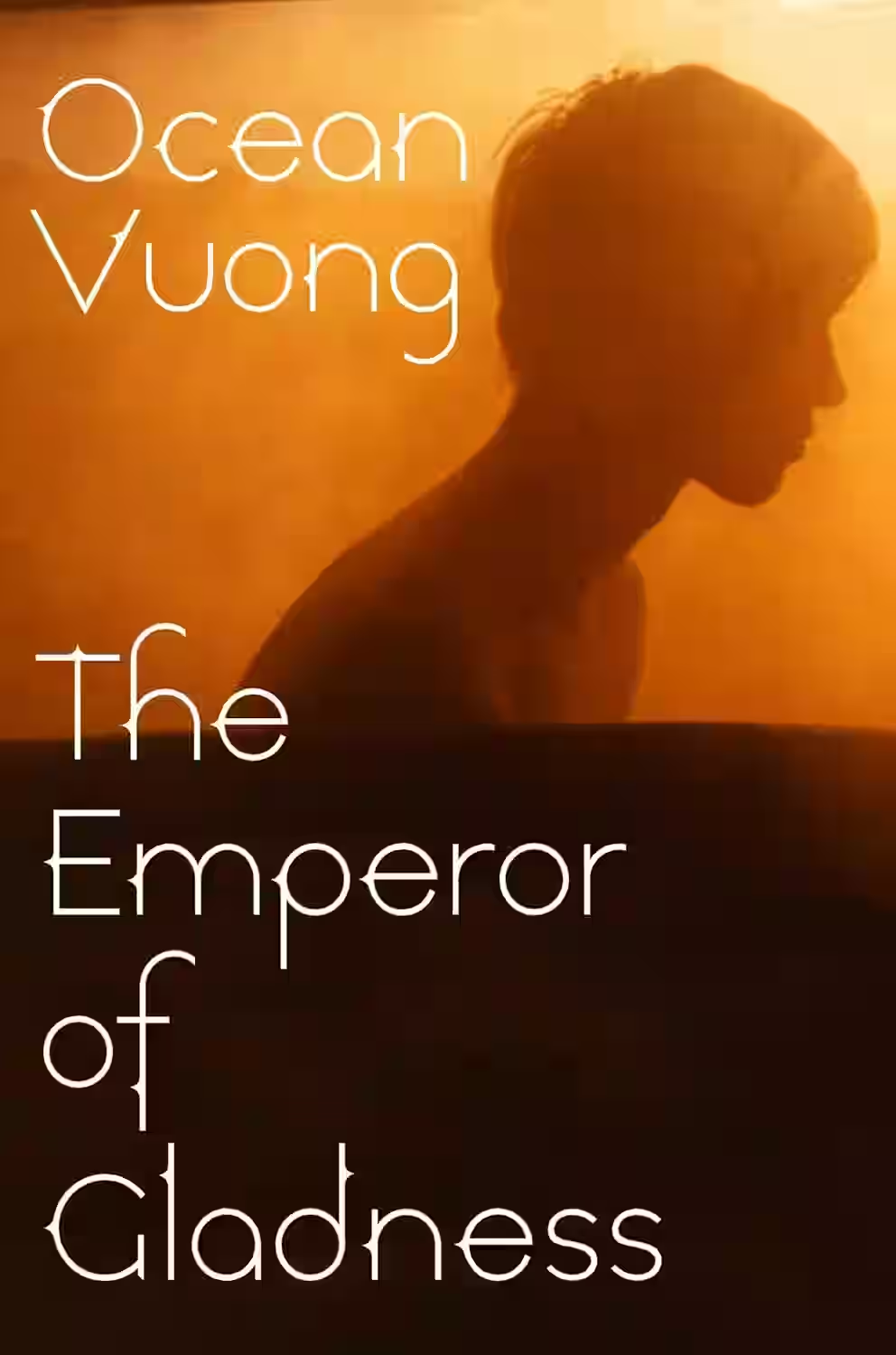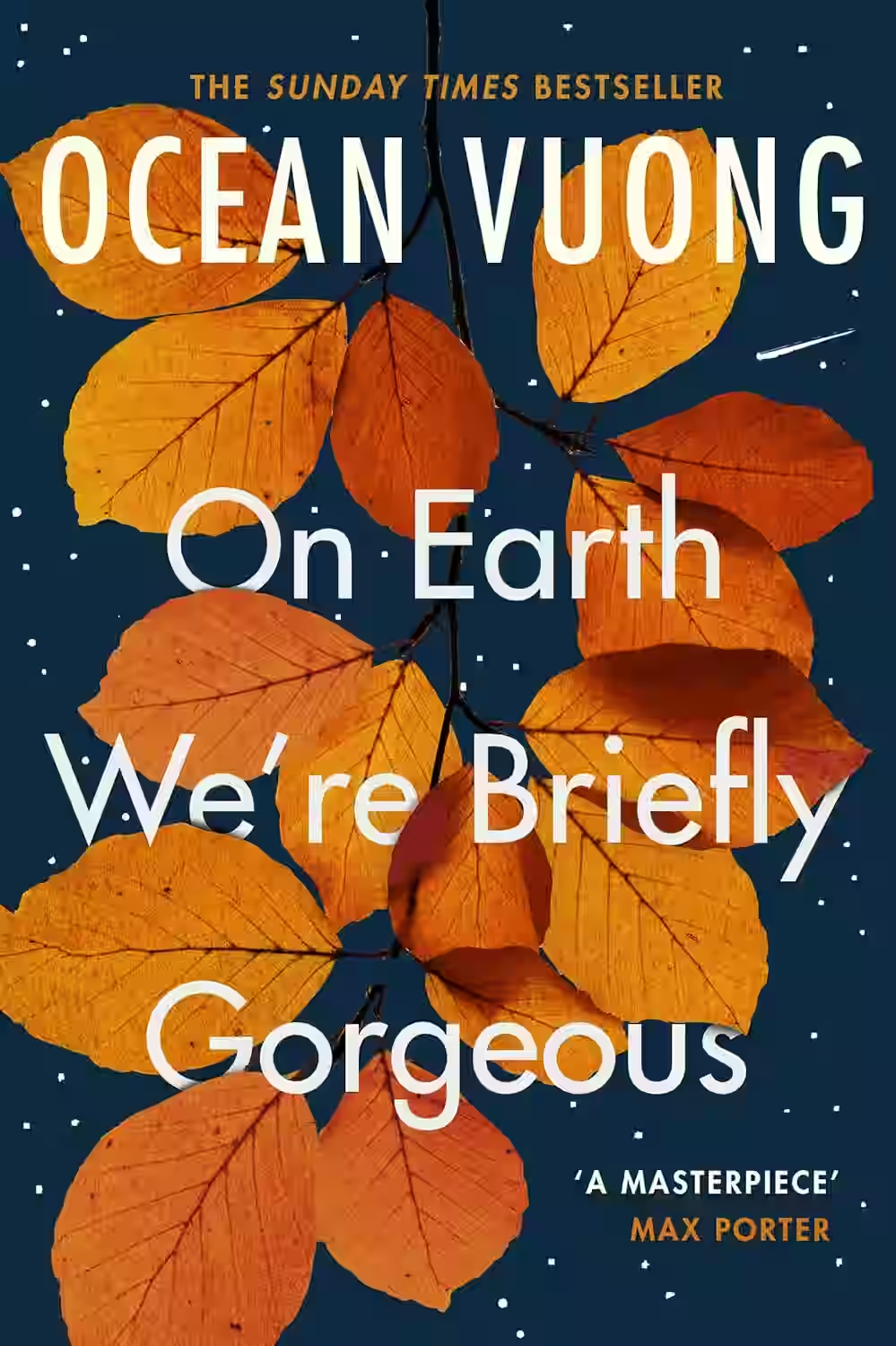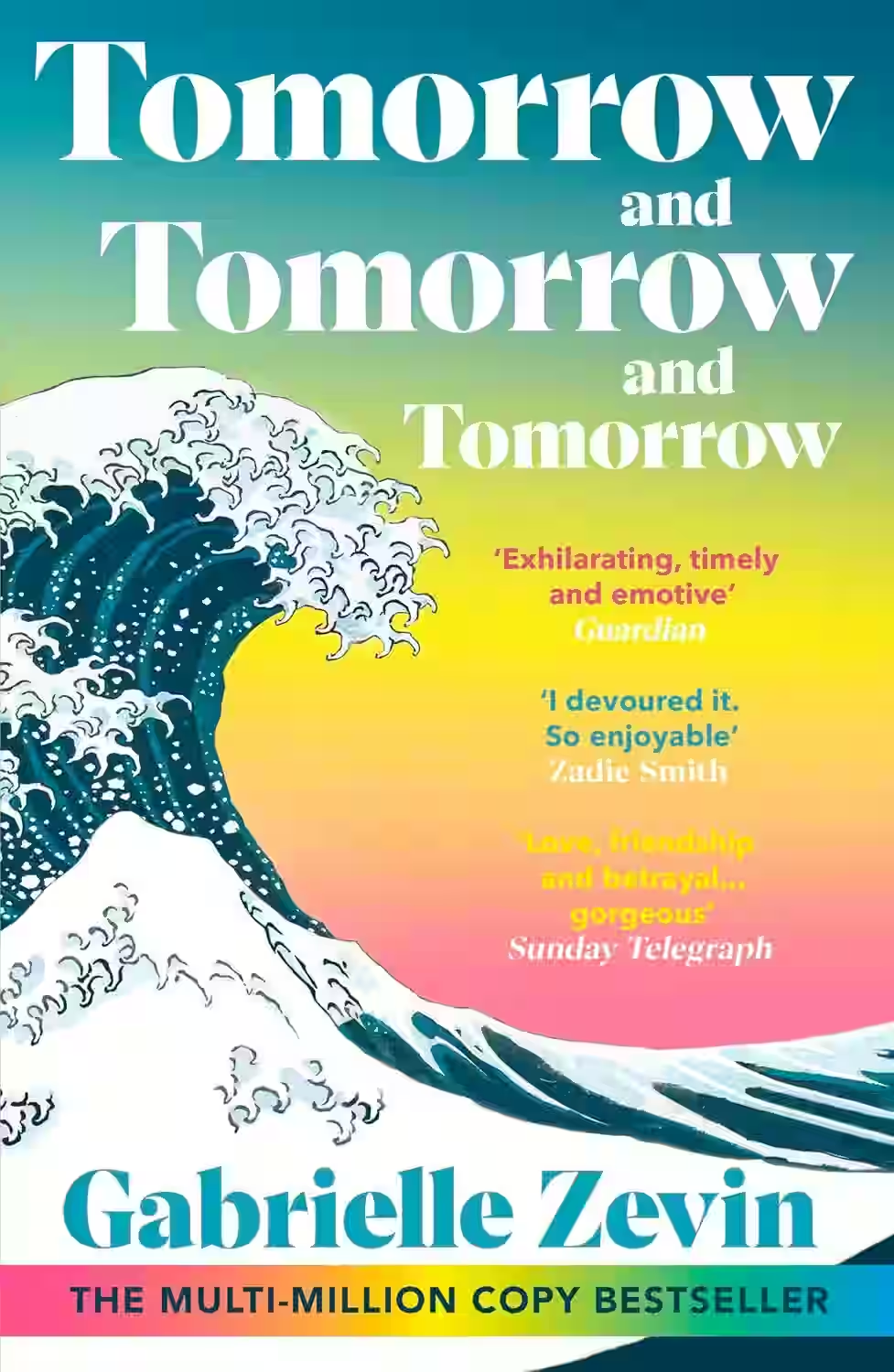
Ocean Vuong's The Emperor of Gladness is a poignant novel that follows Hai, a 19-year-old Vietnamese American grappling with trauma and addiction. After a chance encounter with Grazina, an elderly woman with dementia, Hai finds unexpected companionship and purpose. Set in East Gladness, Connecticut, the story explores themes of identity, resilience, and the healing power of human connection. Vuong's lyrical prose delves into the complexities of marginalized lives, offering a heartfelt narrative about finding hope and meaning amidst adversity.
About Ocean Vuong
Ocean Vuong is an acclaimed Vietnamese American poet, essayist, and novelist. Born in Saigon and raised in the U.S., Vuong gained literary prominence with his poetry collection Night Sky with Exit Wounds, which won the T.S. Eliot Prize. His debut novel, On Earth We’re Briefly Gorgeous, received widespread acclaim for its lyrical prose and powerful themes of identity, trauma, and love. Vuong's work is deeply autobiographical, blending poetic form with storytelling to explore the immigrant experience, queerness, and intergenerational memory. His writing is known for its emotional intensity, stylistic innovation, and unique voice within contemporary literature.
Other Books by Ocean Vuong

On Earth We're Briefly Gorgeous
by Ocean Vuong
Ocean Vuong's 'On Earth We're Briefly Gorgeous' is a remarkable and poignant exploration of identity, family, love, and the complexities of human connections. The novel is written as a letter from a son to his illiterate mother, delving into their shared history as Vietnamese immigrants in America. Vuong's lyrical prose weaves together themes of trauma, queerness, and generational trauma with breathtaking beauty and raw honesty. Through vivid imagery and poetic language, the book captures the struggles of navigating cultural divides and the search for acceptance and understanding. 'On Earth We're Briefly Gorgeous' is a deeply moving and profound work that lingers in the reader's mind long after the final page.
Similar Books

Martyr!
by Kaveh Akbar
Kaveh Akbar's debut novel, Martyr!, follows Cyrus Shams, a first-generation Iranian American poet grappling with the loss of his mother, who died in a tragic plane bombing. Haunted by grief and searching for meaning, Cyrus embarks on a journey that intertwines his personal struggles with broader themes of identity, legacy, and artistic expression. The narrative delves into the complexities of family, sacrifice, and self-discovery, highlighting the immigrant experience and the impact of loss. Akbar's prose offers a poignant reflection on the human condition and the quest for purpose.

Lessons in Chemistry
In the 1960s, brilliant chemist Elizabeth Zott challenges sexist norms in academia and television when she becomes the host of a cooking show that teaches women about science and independence. Blending humor, feminism, and heart, Lessons in Chemistry celebrates intellect, defiance, and the transformative power of belief—in yourself and in change.

Shalimar the Clown
Salman Rushdie’s Shalimar the Clown is a political and personal tragedy that spans continents and generations. The novel begins with the assassination of a former U.S. ambassador in Los Angeles, then unravels the story of Shalimar, a Kashmiri performer whose love turns into violent vengeance. As it traces the rise of extremism and loss of cultural harmony in Kashmir, the book explores themes of betrayal, identity, terrorism, and the global consequences of personal choices. Blending lyrical prose with geopolitical insight, it’s a haunting meditation on love and war.

Tomorrow, and Tomorrow, and Tomorrow
This is the story of Sam and Sadie. It's not a romance, but it is about love. When Sam catches sight of Sadie at a crowded train station one morning he is catapulted straight back to childhood, and the hours they spent immersed in playing games. Their spark is instantly reignited and sets off a creative collaboration that will make them superstars. It is the 90s, and anything is possible. What comes next is a decades-long tale of friendship and rivalry, fame and art, betrayal and tragedy, perfect worlds and imperfect ones. And, above all, our need to connect: to be loved and to love.